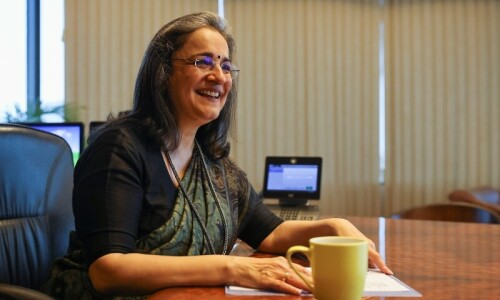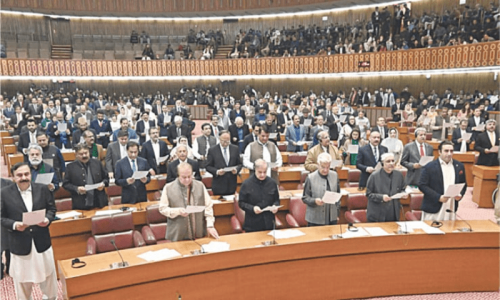Pakistan is amongst the bottom ten countries in terms of internet freedom, according to the Freedom on the Net 2013 Global Scores.
Apart from the much-discussed bans on YouTube and Facebook, cellular service blocks were also implemented at various times during 2013 as an anti-terrorism measure. The Sindh government announced blocking online messaging applications such as Skype, WhatsApp, Viber and Tango for three months as a security measure. In support of the illogical suggested ban, Sindh Information Minister Sharjeel Memon said that the clever and tech-savvy terrorists had now switched from cellular service to online apps for communication to avoid being tracked. However, the ban was not implemented due to the lack of support from Federal Interior Ministry, much to the relief of the common public which relies a lot on these apps for cheaper communication, especially with friends and family living abroad.
The banning strategy now seems to be spiralling out of control. Websites are blocked without prior notifications, discourse or any apparent reason. For instance, in November 2013, many Pakistani internet users reported lack of access to Internet Movie Database (IMDb) – an international entertainment website with information on movies, television shows and celebrities. The ban was lifted two days later, but no reason was given for blocking this website, although some people speculate that it may have some connection with an upcoming film on the Prophet Noah. However, there was no official confirmation on this. Similar blocks have been implemented from time to time on selected news sites, Facebook pages and other services. Reasons given for blocks can be as vague and subjective as “hurting public sentiment”.
The previous elected government completed its full term and handed the power over to a new government in 2013, however the country still lacks freedom of expression, which is considered one of the most important components of democracy. The new government is working with the same mindset, with seemingly no intention to take the public into confidence and stop the banning of websites under abstract laws. Though the new Minister of State for Information Technology, Anusha Rahman said unblocking YouTube would be a top priority, she said it would be “without compromising our ethical values” i.e with a web system filtering out pornographic and blasphemous videos. She however also suggested a block on torrents, and said that if Google failed to comply with requests to filter out content for Pakistan, the search engine would be banned as well. This statement led to a lot of bashing on Twitter against policing of the internet, which compelled her to delete the account from the social networking website.
Most Pakistanis have figured out ways to access blocked websites through proxies and tools such as HotSpot Shield and Spotflux. The issue is not only about accessing these websites, but of violation of fundamental rights of citizens such as privacy, right to information and freedom of expression. Unfortunately, the government’s focus seems not to be on technological innovation but on restricting internet usage and the public’s access to information in the name of political and social rectifications.
This article was originally published in the April 2014 issue of Spider Magazine.














































